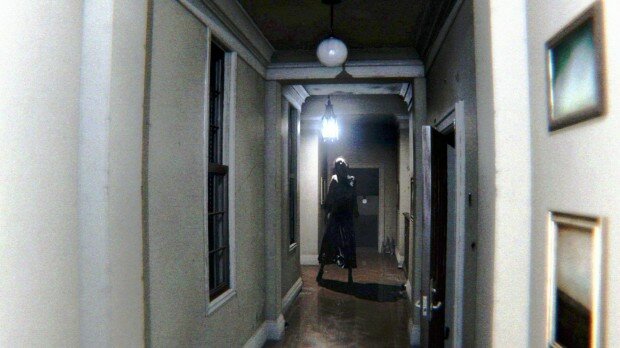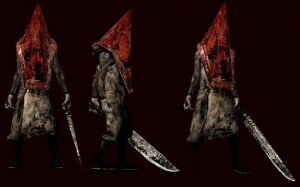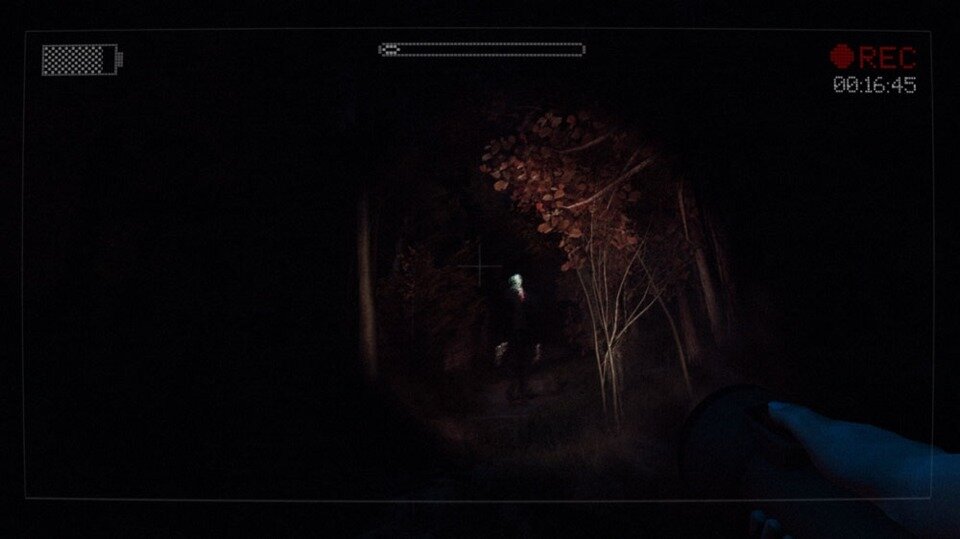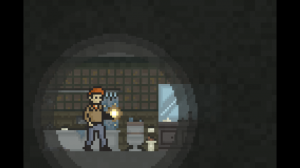Silent Hills is no more and I am awfully upset about the whole affair

Silent Hills is no more! The final nails are now cemented in the coffin of what was arguably the most ambitious survival horror project in the past decade. Truth be told I’m awfully upset about the whole affair, considering how enamoured I was with P.T, the concept piece that was originally used to announce the project. I played through it so many times by myself and with friends, desperate for my loved ones to be subjected to the reality bending horrors that Kojima and Del Toro had created. So waking up to hear Konami had given Kojima a kicking in the company car park right before cancelling the title hit me pretty hard. All of the ambition, talent and creative drive behind the project seemed bound for success, but Konami found a way to flawlessly cock it up. I likely sound quite bitter, probably because I am. But I’m not going to dwell on the cancellation or throw the blame at any party until we know more about the situation.
So for now, it’s time to consider what Silent Hills could have been. Not only for the franchise, but for survival horror as a whole. It could have easily adopted the adored conventions of the original and taken the genre in an entirely new direction, thrusting innovation into a dimension that often fails to acknowledge it. The collaboration of Hideo Kojima and Guillermo Del Toro would have churned out some absolute monstrosities for us to go up against.

Pyramid Head – Silent Hill
Whilst the narrative strengths of both individuals could have delved into our psyche much like the previous games did, but arguably in a more twisted and unorthodox manner. Imagine Pyramid Head toying with you in the same way as Metal Gear’s Psycho Mantis. Pursuing you through a desolate setting you have no control over, forcing your vision to flicker and distort until you begin to question your own perception of the world.
Modern examples of survival horror such as The Evil Within or Resident Evil Revelations 2 embody a similar sense of dread and helplessness, but the nature of their design turns these encounters into trivial exercises of tedium after a time.Whether this is due to an abundance of ammunition or the AI of the creature that stalks you. The essence of true, fundamental “horror” is sorely lacking here, replaced by generic jump-scares and an emphasis on fast paced combat. The inclusion of combat in survival horror is more than welcome, so long as it doesn’t alleviate the tension that is so instrumental to the genre. Knowing full well that you can blow away any adversary that comes your way isn’t frightening, regardless of how grotesque or deformed said creatures may be. Admittedly, fear is subjective. Some may react differently to a multi-limbed alien lumbering towards them. The plasma cutter they wield doing nothing more than delaying their inevitable dismemberment.
I believe Silent Hills could change the hollow and predictable identity currently held by the genre, blending together both the archaic and contemporary components of survival horror into an experience that could breathe new life into the franchise. Even more so when the AAA market is so perpetually terrified of trying anything daring or new. Profit is often considered more important, and horror, unfortunately has no place in this landscape. Recent releases such as Alien Isolation have beaten against this established norm, but is somewhat exempt considering the legendary status behind its antagonist. Nowadays, the critically and commercially successful side of survival horror lies within the indie community. The Forest, Amnesia:The Dark Descent and Slender:The Arrival are just a few of the abundant successes that show how inspiring and truly frightening the genre can be if executed effectively.

The mythical character Slender Man
The titles I just brought up are fueled by one critical element, exploration. Uncovering the unknown has always been a staple of inciting the festering paranoia that made the Silent Hill games so inviting. Even in its currently mediocre state the series still manages to excel with a setting that simultaneously captivates and terrifies with little compromise. P.T shovelled out irrational paranoia like it was going out of style, having you question the worth of turning the next corner or taking a step backwards. The mere prospect of coming across the demented mistress that awaits you influencing your every step. P.T wasn’t terrifying because of a well placed jumpscare or mountains of gratuitous gore. The bitter sense of isolation expressed through the brief narration and imagery that surrounds you was more than enough to instil a reaction of true fear. Kojima and Del Toro constructed a universe with enough narrative potential and suspenseful allure than Resident Evil has in almost a decade. Now imagine if Silent Hills did the same, but transferred that to a 10-12 hour experience.
One of my favourite horror titles of the past few years was a small indie game on Steam called “Home”. Set in an entirely pixelated world, you are an amnesiac piecing together the events of a recent murder. Each item you analyse and individual you encounter contribute to the narrative conclusion. Are you the murderer? Will you be murdered? Where in the world are you exactly? The world itself unfolds in a style that is strangely unsettling. The pixelated visuals lending an aura of ambiguity to the grotesque sights you may stumble across. The agency of your interaction with the world has palpable consequences, and what exactly you fear is never fully disclosed. Your own echoey footsteps and fading lantern being your only companions through the encroaching darkness. When a pixelated 2D adventure can do a better job at spooking me than a title that takes millions to develop, you know something funky is going down.

Home is an indie horror game developed by Benjamin Rivers.
The irony here is almost hilarious. Whilst small indie excursions take clear inspiration from classic survival horror franchises; the modern iterations of these very titles go on ignoring what we loved about them in the first place. The AAA obsession with widening audience appeal has twisted franchises like Resident Evil and Dead Space into bland, almost homogenous third person shooters. So transfixed on overblown action and tasteless gore, they abandon the mechanics and aesthetic that solidified them as the memorable showpieces for the genre they once were. Silent Hill, Dead Space, Resident Evil, the list goes on. So many titles are shadows of their former selves, faltering in their pursuit for evolution and instead settling on widespread appeal.
I feel significantly more apathy for the future of Silent Hill than I ever did before P.T came around. Will there ever be a entry in the series that could live up to ludicrous hype built around the Kojima/Del Toro dream team? The answer leans very much towards the negative.Silent Hill has been struggling to rise above mediocrity for years now, lacking the blockbuster potential it once proudly wielded back on the Playstation 2. Konami stated that Silent Hills is still alive and kicking, but to me it is long dead. The initial idea that sparked so much genuine excitement out of me last year is far gone. To me, Silent Hills was an unbelievably ambitious collaboration between two creative minds I admire, throwing their hats into a franchise I grew up loving. Turns out it was far too good to be true, and won’t be the long awaited wake up call survival horror sorely requires. Hell, maybe there is still hope for a Metal Gear/Pacific Rim mash up?







